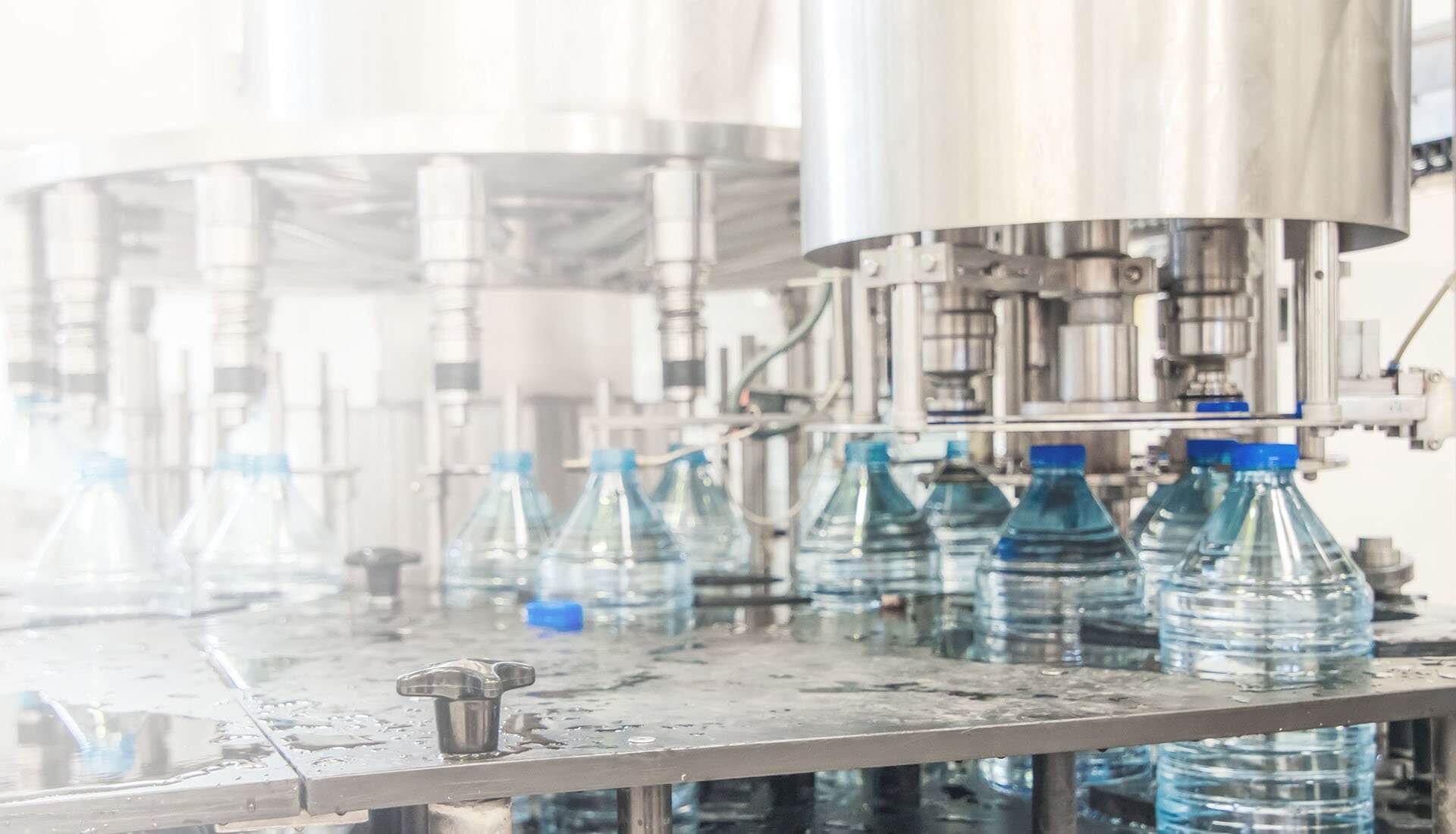Food and Beverage Industry
Food and Beverage manufacturer throughout the world have acknowledged that the main key to be successful in the market is sanitation of their products. They need to make sure that the foods and ingredients of beverage are not contaminated that could cause illness and injury. FDA regulations strictly define that food and beverage plants and process equipment be cleaned and sanitized. Food authorities throughout the world have similar regulations or guidelines.
QV Test’s comprehensive cleanroom and controlled environment testing and certification services coupled with our technical expertise and regulatory knowledge will ensure your critical environments are in compliance with food safety standard and regulation.
- Cleanroom Testing and Certification
To show that a cleanroom is working satisfactorily, it is necessary to demonstrate that the following principles have been satisfied :
- ‐ The air supplied to the cleanroom is of sufficient quantity to dilute or remove the contamination generated in the room.
- ‐ The air supplied to the cleanroom is of a quality that will not add significantly to the contamination within the room.
- ‐ The air within the cleanroom suite moves from clean to less‐clean areas to minimize the undesirable movement of contaminated air. Air should move in the correct direction through doorways and the construction fabrics of the room.
- ‐ The air movement within the cleanroom should ensure that there are no areas within the room with high concentrations of contamination.
QV Test offer service includes :
Primary Tests are related to airborne particulate cleanliness class as required by ISO 14644. By performing these tests, the cleanroom will be correctly classified to the appropriate class level- - Airflow Velocity and Uniformity Tests
- - Airflow Volume and Uniformity Tests
- - Air Change Rate (ACH) Tests
- - HEPA Filter Installation Leak Tests
- - Airborne Particle Count Cleanliness Classification Tests
- - Room Pressurization Test
Secondary Tests are user optional and relate to particle, air movement, and ancillary systems within the cleanroom
- - Airflow Smoke Pattern Tests
- - Recovery Tests
- - Lighting Level and Uniformity Tests
- - Temperature and Humidity Uniformity Tests
- HVAC System: Air Handling Unit (AHU)Testing and Certification
The heating, ventilation and air conditioning (HVAC) system that supports Cleanrooms must be verified. QV test offers the test includes :
- - Airflow Velocity and Uniformity Tests
- - HEPA Filter Installation Leak Tests
- - Magnehelic Gauge Verification
- Dust Collector System Testing and Certification
Dust collector is a system to collect the dust from the released air from the operation of the production line, by collecting dust, particle and other impurities from air or gas. The operation validation will be conducted by studying airflow velocity and direction profile, which could be verified by smoke studies. Also, air pressure measurement is also one of the parameters for this test.
QV Test offers the test includes :
- - Airflow Velocity and Uniformity Tests
- - HEPA Filter Installation Leak Tests
- - Room Pressurization Tests
- - Airflow Smoke Pattern Tests
- Environmental Control Unit Testing: Cold Room System, Freezers, and Warehouse
Temperature and humidity are important factors in the stability of temperature/ humidity sensitive products. Therefore, it is important to ensure that the temperature and humidity level in the storage areas could be maintained within the requirements.
QV test offers service includes :
- Temperature Mapping Studies / Temperature & Humidity Mapping Studies.
- Laminar Airflow Unit
Laminar airflow unit is an area that is controlled the airflow pattern to be laminar, as it is highly likely that with unidirectional airflow could lower the risk of contamination in orderly pattern. Conversely, turbulent air flow pattern could not be controlled, resulting to have high risk of contamination.
The procedure of validation will be the same as individual cleanroom consist of :
- - Airflow Velocity and Uniformity Tests
- - HEPA Filter Installation Leak Tests
- - Airborne Particle Count Cleanliness Classification Tests
- - Differential Pressure and Magnehelic Gauge Reading
- - Airflow Smoke Pattern Tests
Normally, Laminar cabinet cleanliness class is “A” or class 100.
- Bio Safety Cabinet (BSC)
There are three types of BSC, class I, II and III to protect the operators to be affected by the contamination. QV test conducts the test by referring to GMP standard.
Test parameters
- - Airflow Velocity and Uniformity Tests
- - HEPA Filter Installation Leak Tests
- - Airborne Particle Count Cleanliness Classification Tests
- - Differential Pressure and Magnehelic Gauge Reading
- - Airflow Smoke Pattern Tests
- - Lighting Level and Uniformity Tests
- - Ultraviolet light measurement
- Dry Heat Sterilizer: Hot Air Oven and Tunnel Sterilizer
Sterilization system must be validated to ensure that all area in sterilize chamber is free from microorganisms. The test is performed by using thermocouple to measure temperature during operation to study heat distribution and heat penetration evaluated with equipment and tools which need to be sterilized during running normal operation.
QV Test offers service includes :
- - Airflow Velocity and Uniformity Tests (Dry heat sterilizer)
- - HEPA Filter Installation Leak Tests (Dry heat sterilizer)
- - Airborne Particle Count Cleanliness Classification Tests (Dry heat sterilizer)
- - Airflow Smoke Pattern Tests (Dry heat sterilizer)

